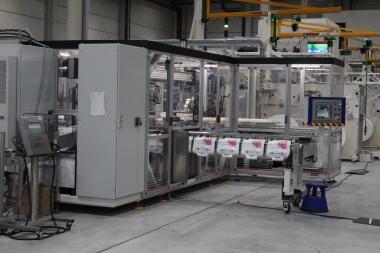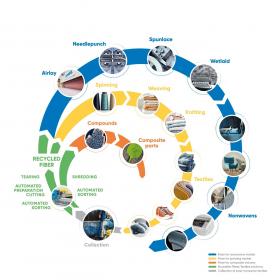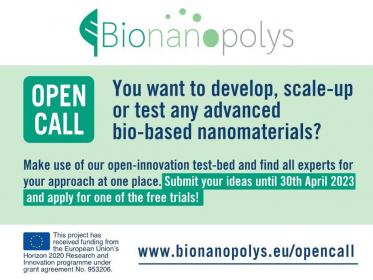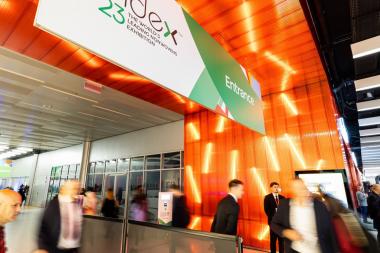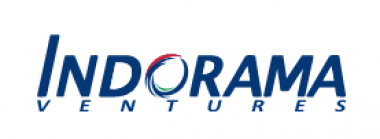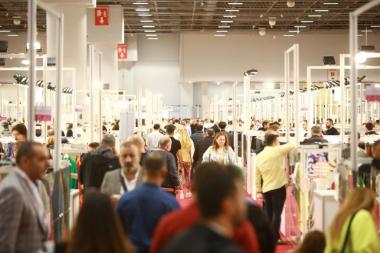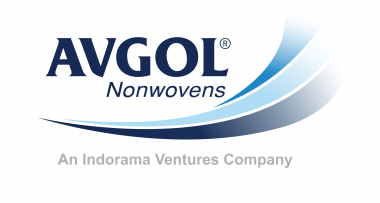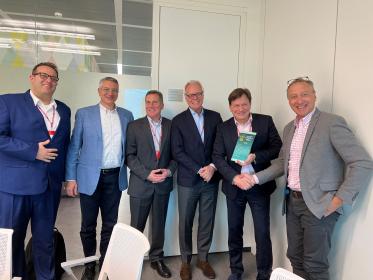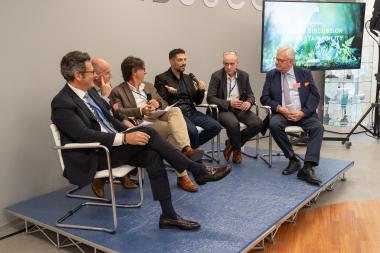ANDRITZ converting line for baby diapers at Naturopera, France
International technology group ANDRITZ has successfully delivered, installed, and commissioned a converting line for manufacturing baby diapers at Naturopera’s new plant in Bully Les Mines, France.
The eXcelle converting line from ANDRITZ Diatec features special technology to produce both traditional and bio-based baby diapers, supporting Naturopera in its efforts to become a leading producer of a new generation of sustainable diapers.
While most diapers available on the market consist of 70% fossil-based plastic, Naturopera is preparing to produce diapers made of 90% bio-based raw materials. This groundbreaking diaper concept was developed in a close collaboration between Naturopera and ANDRITZ. It replaces the traditional spunbond and meltblown nonwoven layers with spunlace nonwovens mostly made of natural fibers. A prototype of the 90% bio-based diaper was recently produced at Bully Les Mines.
The ANDRITZ converting machine operating at Naturopera is highly flexible, taking just a few settings to switch to the production of bio-based diapers. It is designed for a multiple-size process, features an operator-friendly interface, and guarantees a production speed of 800 ppm.
Naturopera is a French company producing baby care, femcare and household products with a strong focus on local production and sustainability.
Andritz AG


